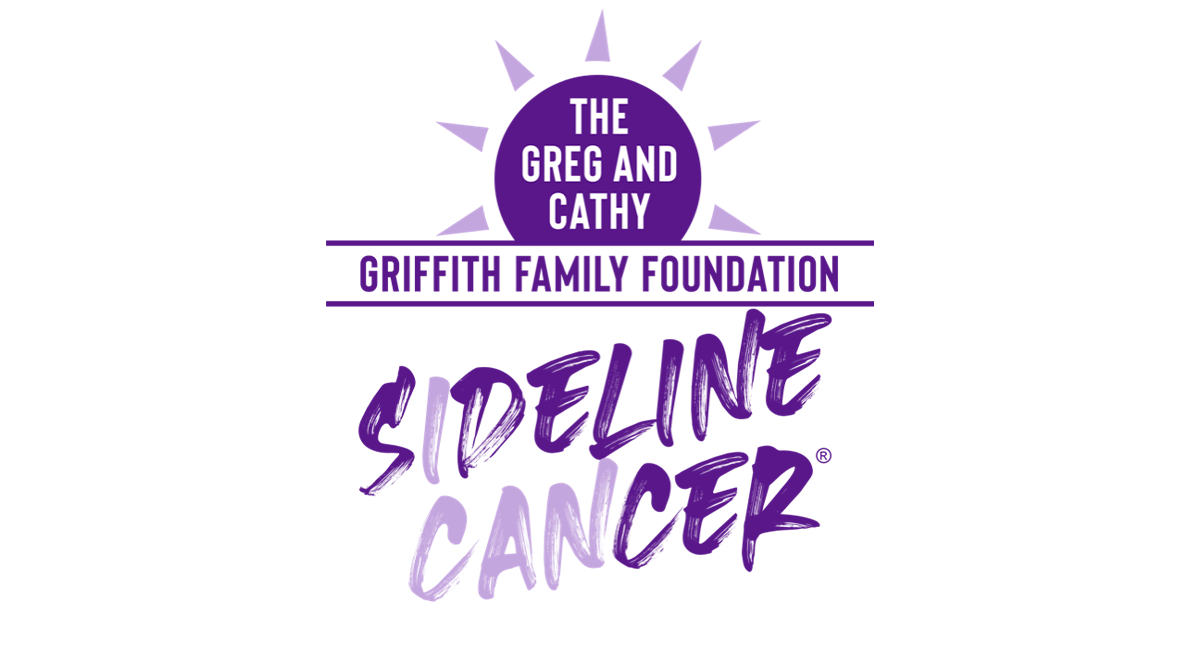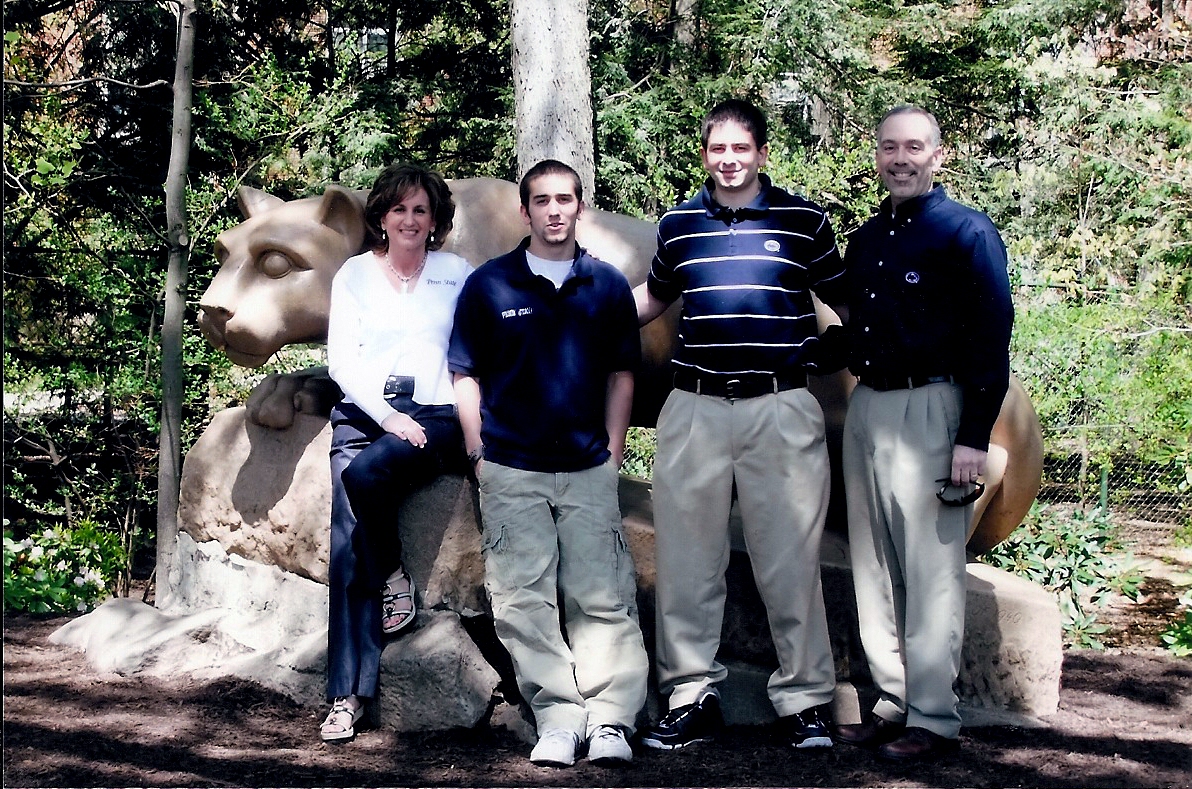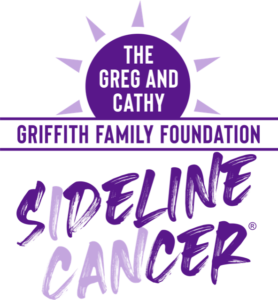The following article, written by Walt Frank, ran in the Altoona Mirror on the Sunday, March 11, 2011:
Pancreatic cancer is a tough opponent.
A local organization, the Greg and Cathy Griffith Family Foundation, is spearheading fundraising efforts against the disease that took Greg’s life Aug. 26 at the age of 50 after a 19-month battle.
“We will bring down pancreatic cancer. We are the little David that can bring that pancreatic monster down,” Cathy Griffith said.

The foundation was the brainchild of siblings Amanda and Luke Ottaway, friends of the Griffith’s sons, Jordan and Jamie. On Easter weekend 2010, they came to the Griffiths’ home and presented the idea of having a fundraiser for pancreatic cancer research.
“We needed to have a vehicle to go beyond an event. We needed to make things happen,” Cathy Griffith said.
A committee was formed to spearhead the first Griff’s Run and Gun for a Cure, and the first year, $30,000 was raised for pancreatic cancer. The success of the event soon led to the creation of the foundation by Cathy Griffith and her two sons.
Family friend Booker Moore, president of L.R. Webber Associates, has been instrumental in the foundation’s efforts and in January, he received the Donna D. Gority Servant Leadership Award from the Blair County Chamber of Commerce.
“Booker has given more of himself personally now than any other person. His passion and time have made the foundation visible; without him we wouldn’t be here,” said Milissa Stubbs, foundation vice president.
“Everyone involved with the foundation has been a leader and servant in getting things done,” said Moore, foundation president. “I just have these quiet talks with God, who says this is the next thing I am to do and I just do it.”
The foundation, which has now raised $90,000 in two years, is a nonprofit organization dedicated to funding a cure for pancreatic cancer.
“When we began, we determined we are not doctors or researchers. What we can bring to the program is funds, [and we can] connect to doctors and researchers who are at the forefront of the battle but lack funding,” Moore said.

The foundation has a good friend in Dr. A. James Moser, who is considered one of the world’s foremost experts on pancreatic cancer. While at the University of Pittsburgh Medical Center, he treated Greg Griffith during his illness and became a close friend of the family.
All money raised by the foundation goes to Moser to aid in his research efforts.
Moser was recently promoted to be the director at the Institute for Hepatobiliary and Pancreatic Surgery at Beth Israel Deaconess Medical Center in Boston and associate professor at Harvard Medical School, effective May 1.
Moser’s promotion should help organizations like the Griffith Foundation.
“My move should significantly widen the scope and impact of the Griffiths and their friends in the Altoona community. Our objective is to leverage the intellectual and entrepreneurial assets of Harvard to improve the futures of people affected by pancreatic cancer – wherever they are,” Moser said, “The emphasis of any pancreatic cancer program is reaching people and bringing personalized treatment to them.”
“Moser said it has been a difficult task to raise money for pancreatic cancer research.
“The problem with fundraising for pancreatic cancer is the lack of enduring champions since the disease takes affected people so quickly. Efforts to increase the visibility of pancreatic cancer are stunted by the emotional toll which the disease has on surviving family members,” Moser said. “There is no method to detect the disease early like mammography, meaning that awareness is not reinforced and diagnosis is often too late.”
Moser said it is important to teach doctors and basic scientists to work together and then harness their talents in new ways.
“Part One involves creating a data repository of all people with early pancreatic cancer who are eligible for surgery so we learn to do surgery through smaller incisions with less pain and greater safety and survival,” Moser said. “Part Two involves predicting the outcomes of different treatments for early pancreatic cancer so we can decide what is the best treatment for any individual.”
Cathy Griffith is optimistic Moser will indeed find a cure for pancreatic cancer.
“We believe there is no mountain too big for God. It is realistic and it will happen. Dr. Moser will find the cure,” Cathy Griffith said.









